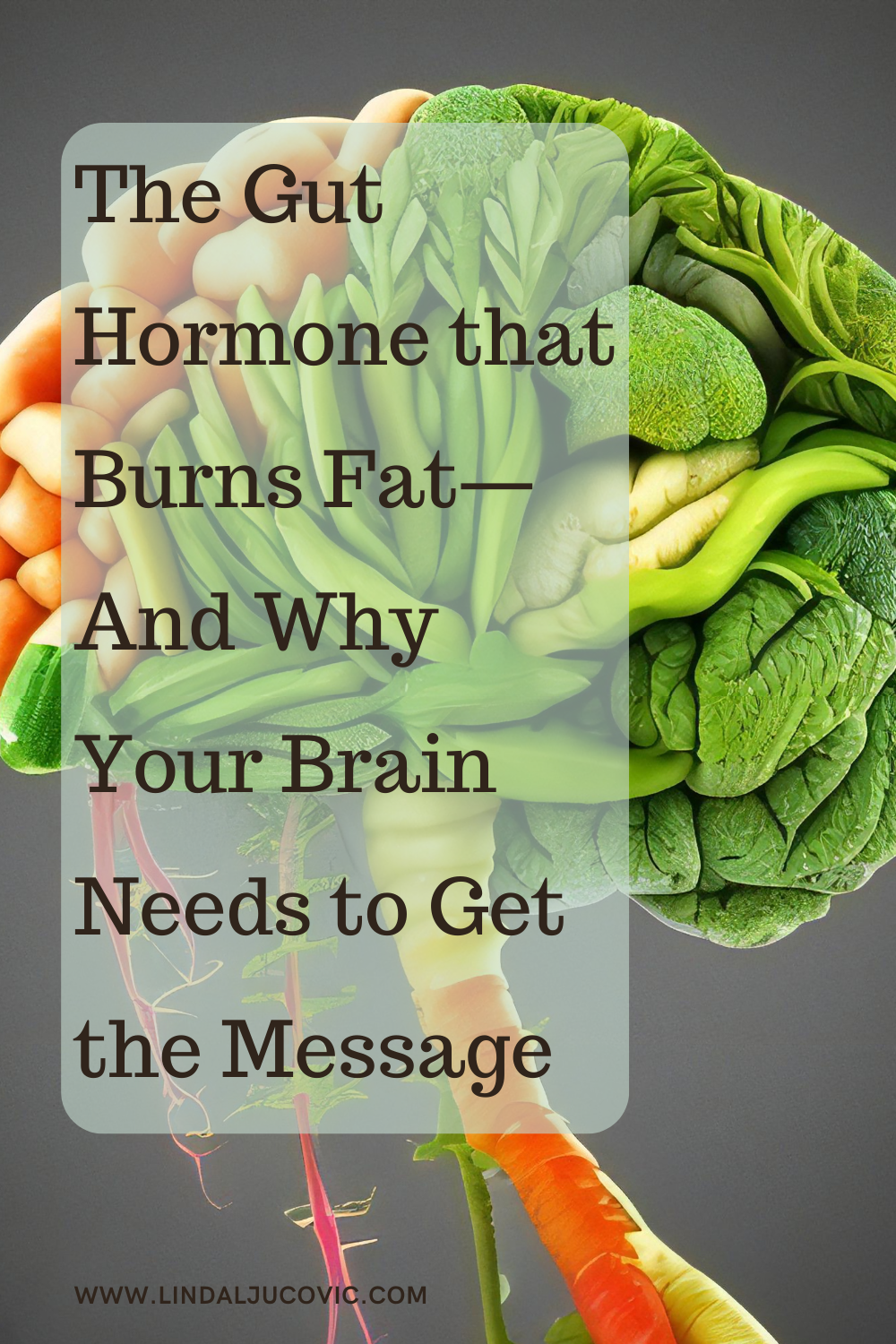Gut Health: The Hidden Key to Hormonal Balance and Overall Wellness
When most people think about gut health, they think digestion—bloating, gas, constipation, or food sensitivities. But the truth is, your gut does so much more than just process food. It’s deeply connected to your immune system, brain function, energy levels, mood, and perhaps most surprisingly—your hormones.
If you’ve been struggling with fatigue, weight changes, mood swings, PMS, or even stubborn belly bloat, your gut might be playing a bigger role than you think.
Let’s dive into how gut health influences your hormones—and what you can do to support both.
Your Gut: More Than a Digestive Tract
Your gut is home to trillions of microorganisms, known as the gut microbiome. These microbes help with everything from digesting food and synthesizing vitamins to training your immune system and regulating inflammation.
Among these microbes are commensal bacteria—the friendly strains that work synergistically with your body to keep things in balance. When these beneficial bacteria are thriving, you feel better on all levels. But when the balance is off—often due to poor diet, stress, medications like antibiotics or birth control, or environmental toxins—it can create a ripple effect throughout the body.
The Gut-Hormone Connection
Here’s how your gut and hormones are intertwined:
1. Estrogen Metabolism
Your gut plays a key role in how estrogen is processed and eliminated. A group of gut bacteria known as the estrobolome helps break down estrogen and prepare it for excretion. If your gut is sluggish or imbalanced, excess estrogen can recirculate in your body—leading to symptoms like PMS, heavy periods, mood swings, or even hormonal weight gain.
2. Cortisol and Stress
Chronic stress affects the gut—and an unhealthy gut can heighten your stress response. This vicious cycle disrupts cortisol, your body’s main stress hormone, which can impact everything from blood sugar and energy levels to thyroid and sex hormone balance.
3. Thyroid Function
Gut inflammation and dysbiosis can impair thyroid hormone conversion (from T4 to the active T3 form), leading to symptoms like fatigue, cold hands and feet, thinning hair, or difficulty losing weight—even if your labs look “normal.”
4. Blood Sugar and Insulin
An imbalanced gut can contribute to blood sugar dysregulation, which affects insulin and downstream hormones like estrogen and testosterone. This can look like cravings, energy crashes, or even hormonal acne and PCOS symptoms.
Signs Your Gut May Be Affecting Your Hormones
If any of the following sound familiar, your gut may need some love:
Bloating, gas, or irregular bowel movements
Food sensitivities or frequent sugar cravings
Skin issues like acne or eczema
Fatigue, brain fog, or trouble sleeping
PMS, irregular cycles, or perimenopausal symptoms
Mood swings, irritability, or anxiety
Difficulty losing weight despite healthy habits
Supporting Your Gut for Hormonal Harmony
Healing the gut doesn’t happen overnight—but the body is incredibly responsive when given the right support. Here are a few key steps:
✔ Nourish with Whole Foods
Focus on fiber-rich vegetables, fermented foods (like sauerkraut or kefir), and anti-inflammatory ingredients. Limit processed sugar, alcohol, and inflammatory fats that disrupt the microbiome.
✔ Support Digestion
Chew your food well, eat mindfully, and consider digestive bitters or enzymes if needed. A sluggish digestive system can impair hormone detox pathways. My Core Confident: Your Blueprint to a Flatter Belly with Less Bloat will help you here.
✔ Rebuild the Microbiome
Probiotic-rich foods and targeted supplementation can help restore commensal bacteria. But remember—it’s not just about adding in the good; it’s about crowding out the bad, too. Also, knowing what strains of bacteria you helps! This is where the GI Map comes in.
✔ Mind Your Stress
Chronic stress is a gut disruptor and hormone hijacker. Incorporate stress-relief practices like breathwork, gentle movement, time in nature, or journaling. This forms a large part of my coaching program it’s THAT important.
I like the HTMA and Dutch test for learning about how the body is handing stress. Many of my clients learn that chronic stress, is starting to take a toll. The body can go into a catabolic state, meaning the body is breaking itself down for survival. Think joints, stomach lining, etc.
✔ Sleep Like It Matters (Because It Does)
Sleep is when your body detoxifies, balances hormones, and repairs. Aim for 7–9 hours of quality sleep each night. And the hours before midnight matter. This is to my night owls. ;) (sorry…)
The Takeaway
If you're on a journey to feel better in your body—to balance your hormones, improve energy, or clear the bloat—it’s time to look deeper into your gut.
Addressing gut health from a root-cause perspective can shift not just your digestion, but your entire sense of well-being.
It’s not about perfection, but progress—tuning into your body’s signals and making changes from a place of nourishment and self-care.
Your hormones don’t operate in isolation—and neither should your health plan.
Looking for support on your journey?
Whether you're in perimenopause, postpartum recovery, or simply trying to get back to feeling like you again, I’d love to help you connect the dots. Reach out for personalized guidance or explore my holistic programs that go deeper into gut and hormone health.
The Fix Your Hormones and Fight Fatigue is a great place to start. (includes one functional lab). We get to the basics…and often this is all you need. :)




